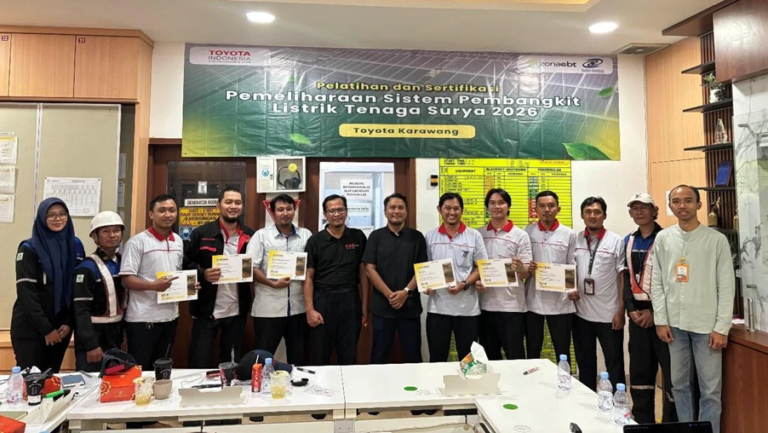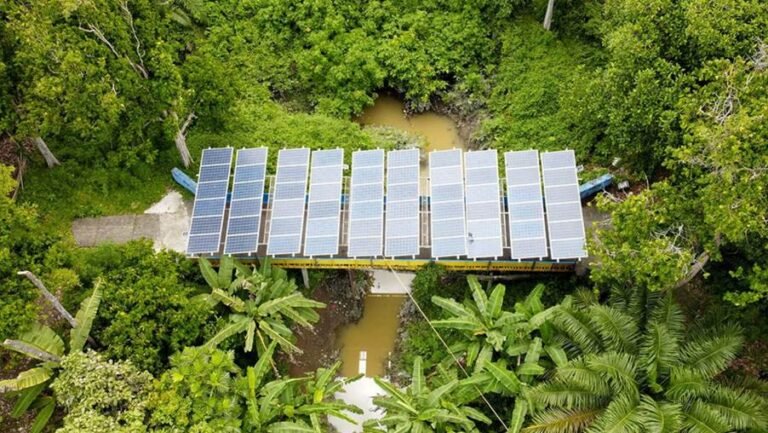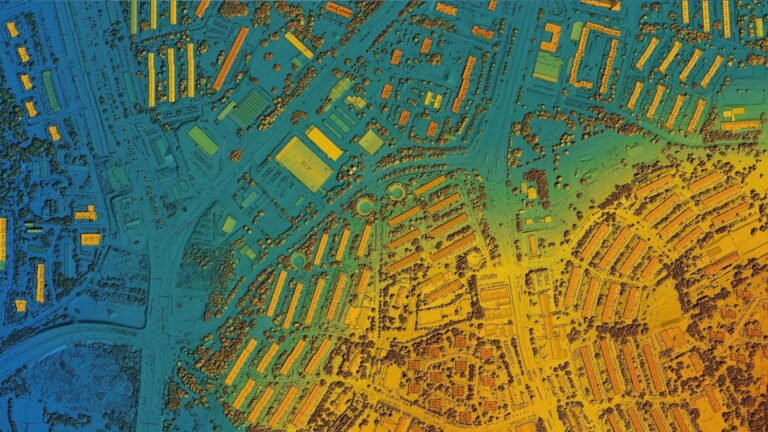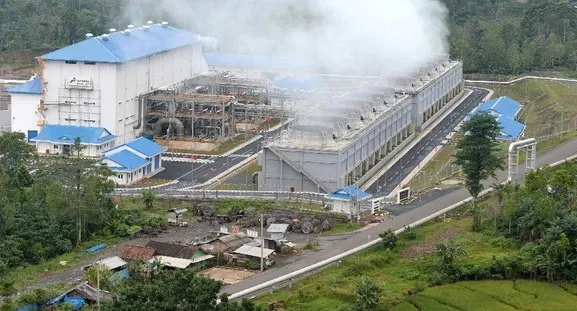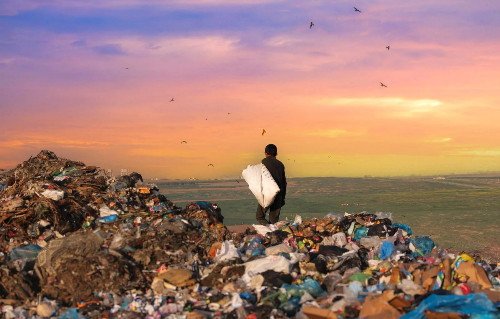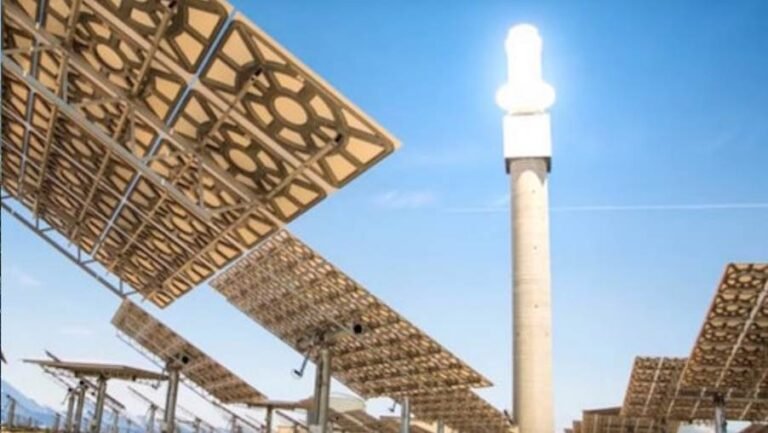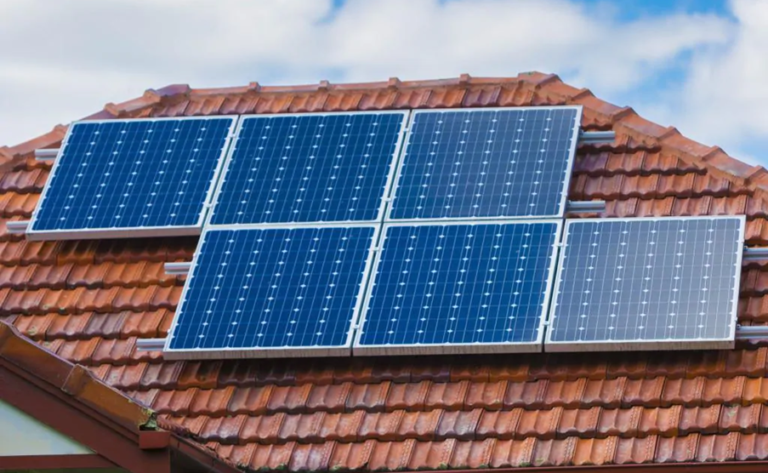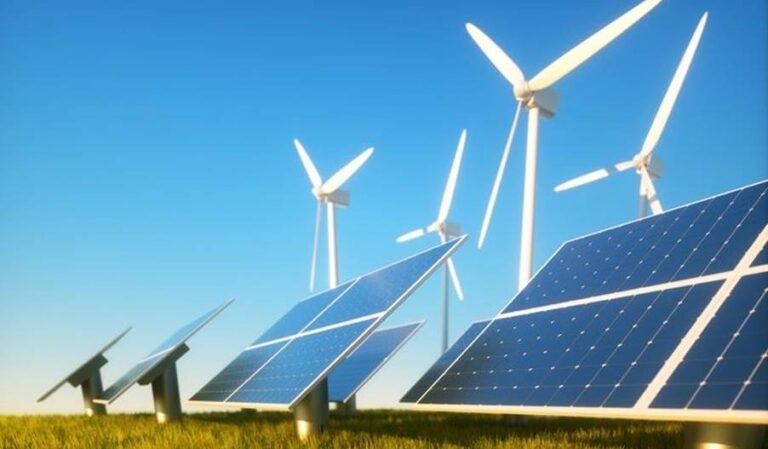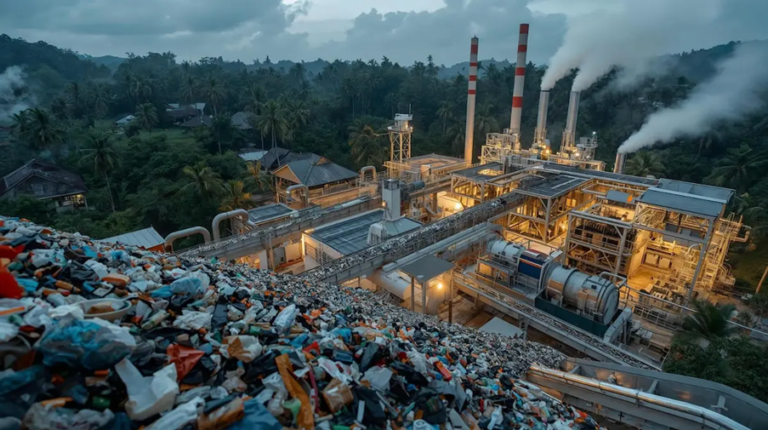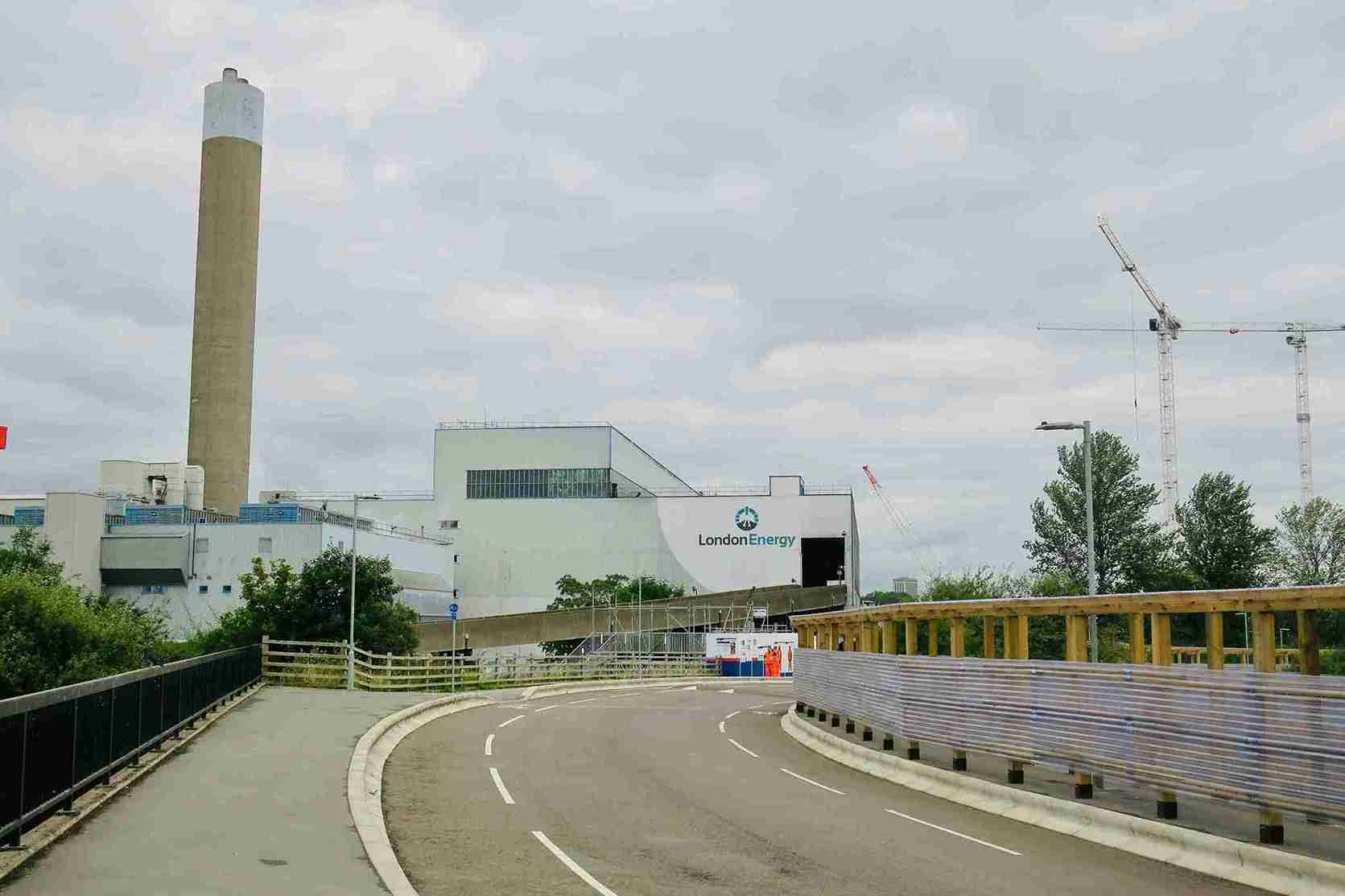
- A major step toward fulfilling its decarbonization promise was taken by Indonesia on January 30, 2024, when Presidential Regulation No. 14 of 2024 (PR 14/2024) was enacted.
- Upstream oil and gas contractors (also known as PSC Contractors) are allowed by PR 14/2024 to combine their exploration and exploitation efforts with CCS operations within the designated operating area that is defined in each region that is covered by their production sharing contracts (also known as PSC).
- PR 14/2024 recognizes two types of licenses – an exploration license and a storage operation license – that are necessary to conduct CCS in the WIPK.
On January 30, 2024, Indonesia took a significant step toward fulfilling its decarbonization commitment with the enactment of Presidential Regulation No. 14 of 2024 (PR 14/2024). This regulation provides the legal foundation for the country’s Carbon Capture and Storage (CCS) activities.
PR 14/2024 provides two distinct pathways for CCS implementation in Indonesia: utilizing the existing oil and gas working area, or securing a license for dedicated carbon storage operations. Both options are available to companies that comply with Indonesian regulatory criteria.
Baca Juga :
- Indonesia Energy & Engineering (IEE) Series 2024: Advancing Industrial Sustainability
- Indonesia Can Play An Important Role in The Energy Mix
Application of CCS in the Current Oil and Gas Sector (Working Area)
PR 14/2024’s implementation of CCS in the current oil and gas region, known as the ‘Working Area,’ aligns with the requirements of MEMR 2/2023. PR 14/2024 allows upstream oil and gas contractors (PSC Contractors) to combine their exploration and exploitation efforts with CCS operations within the designated areas outlined in their production sharing contracts (PSC).
The Aceh Oil and Gas Management Agency (BPMA) or SKK Migas must receive the upstream oil and gas contractor’s CCS implementation plan to facilitate integration. This submission can be included in the first or second field development plan, with different procedural criteria applying to each case. Once the plan is approved, PSC Contractors must update their PSC to include CCS clauses.
Application of CCS in a Specified Carbon Storage License Area
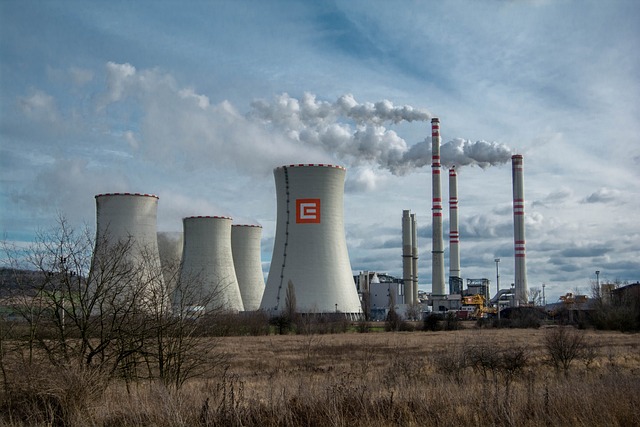
In addition to PSC Contractors, third-party organizations can participate in CCS operations by obtaining an exploration and storage license in the Carbon Storage License Area (WIPK). The WIPK includes open spaces, mining license zones, and oil and gas work areas. MEMR designates the WIPK based on its assessment or submissions from commercial entities, including foreign permanent establishments and Indonesian companies.
The restricted selection or auction process will be used to make the designated WIPK available to Indonesian firms or foreign permanent establishments. The specific procedure depends on whether the designation is requested. PR 14/2024 specifies a restricted selection process for unsolicited designations, while requested designations must go through the auction process.
PR 14/2024 identifies two types of licenses: an exploration license and a storage operation license, both required for conducting CCS in the WIPK. Each license serves a specific function and must meet certain standards for approval.
Baca Juga:
- Indonesia’s Trans Java Toll Could Boost Clean Energy Mix
- Independence Day In 2024: Indonesia Could Be An Avatar For Renewable Energy
Permit for Exploration
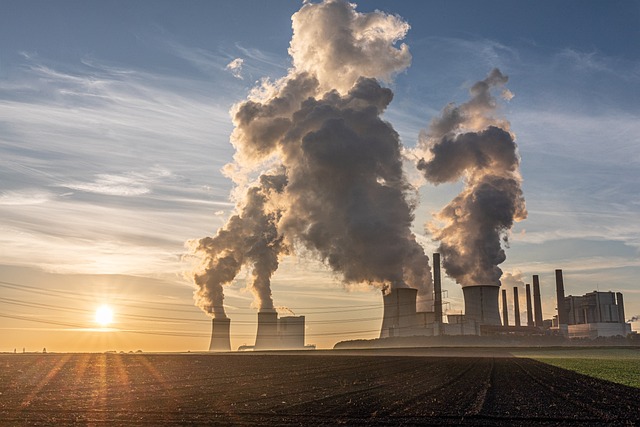
An exploration license, valid for six years and extendable for an additional four years, may be awarded to successful bidders in the WIPK restricted selection or auction, contingent upon meeting administrative, technical, financial, and environmental conditions. Once acquired, the license holder may commence exploratory work in the Injection Target Zone (ZTI), which involves data gathering, drilling, subsurface investigation, and leak risk mitigation.
Storage Operation Permission
If carbon storage is identified in the ZTI during exploration, the exploration license holder must submit a Plan for Development and Operation to the MEMR. This submission must include technical documents and studies detailing the development and operation of the ZTI. Once the MEMR approves this plan, the exploration license holder will be granted a storage operation license, effective for 30 years and extendable for an additional 20 years. This permit allows the license holder to inject and store carbon in the WIPK.
#zonaEBT #Sebarterbarukan #EBTHeroes
Editor: Savira Oktavia
References:
[1] Indonesia’s Carbon Capture Storage Regulatory Overview: Presidential Regulation No. 14 of 2024


